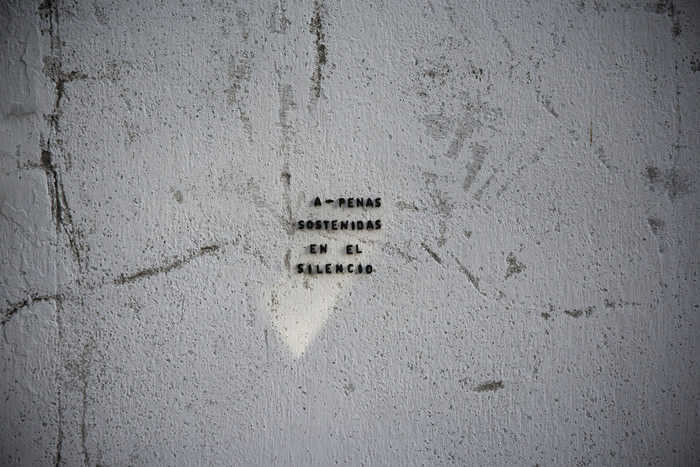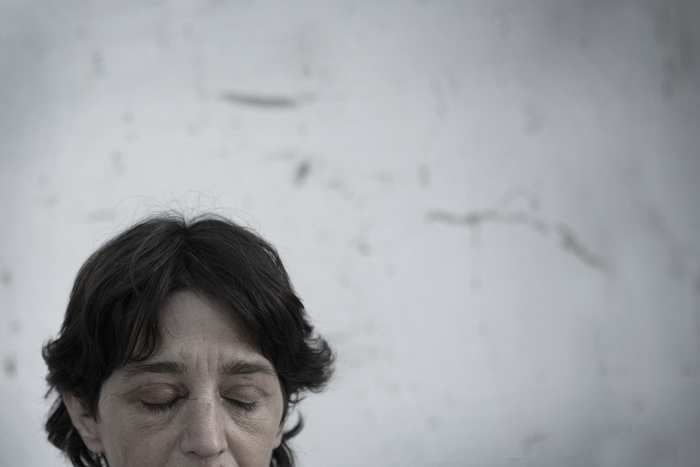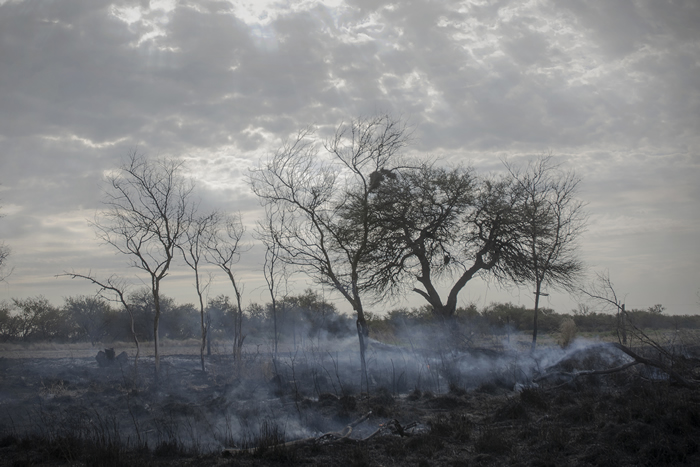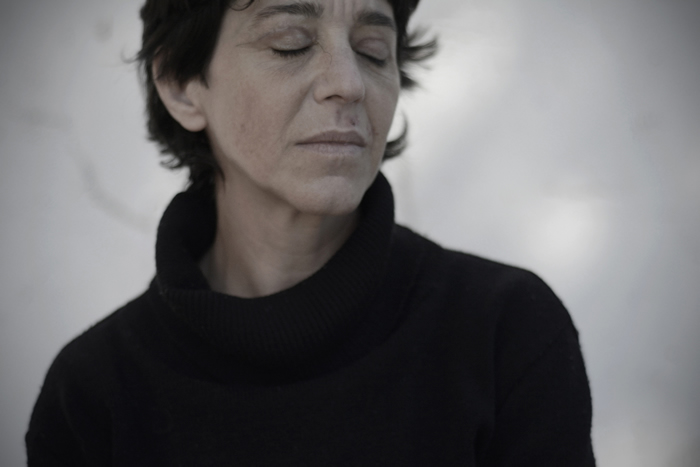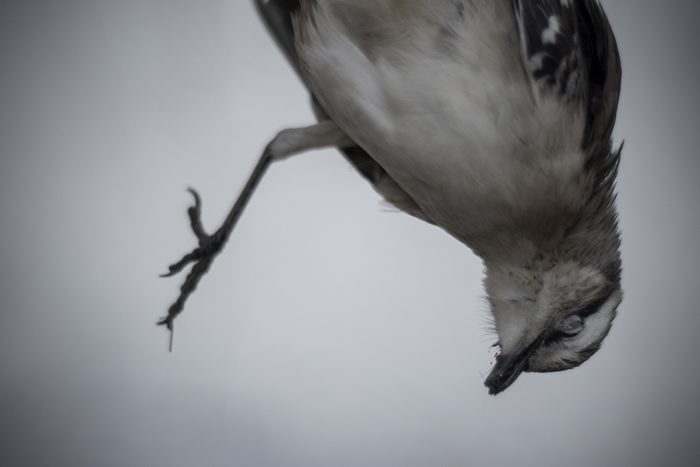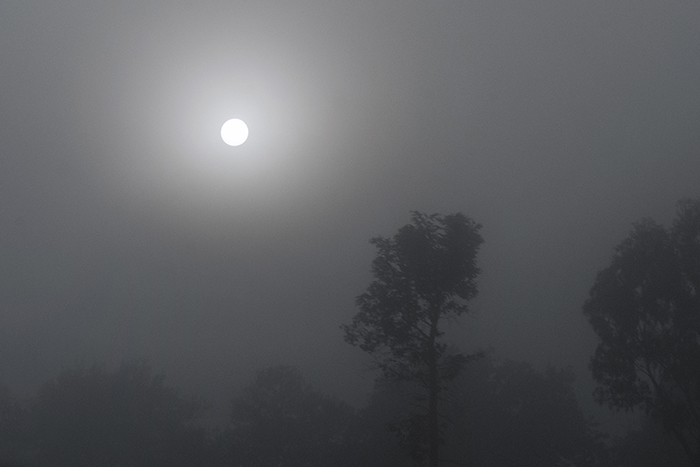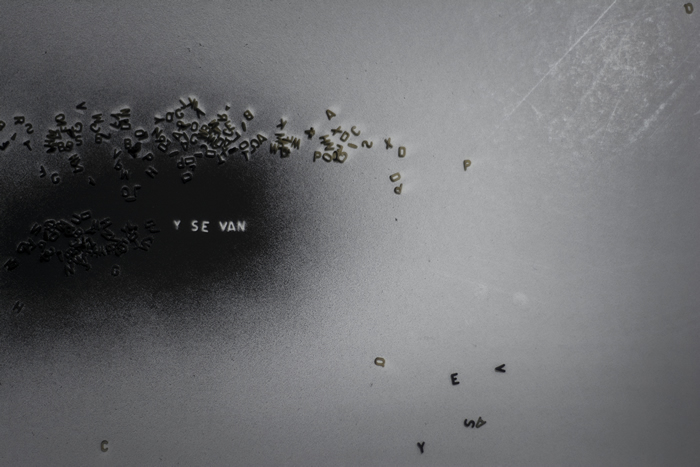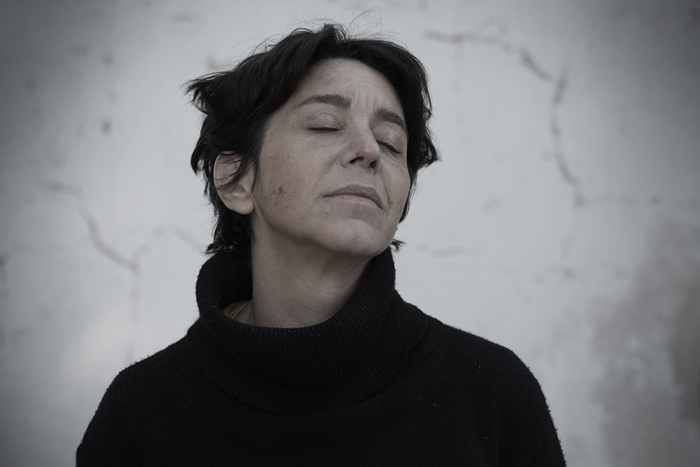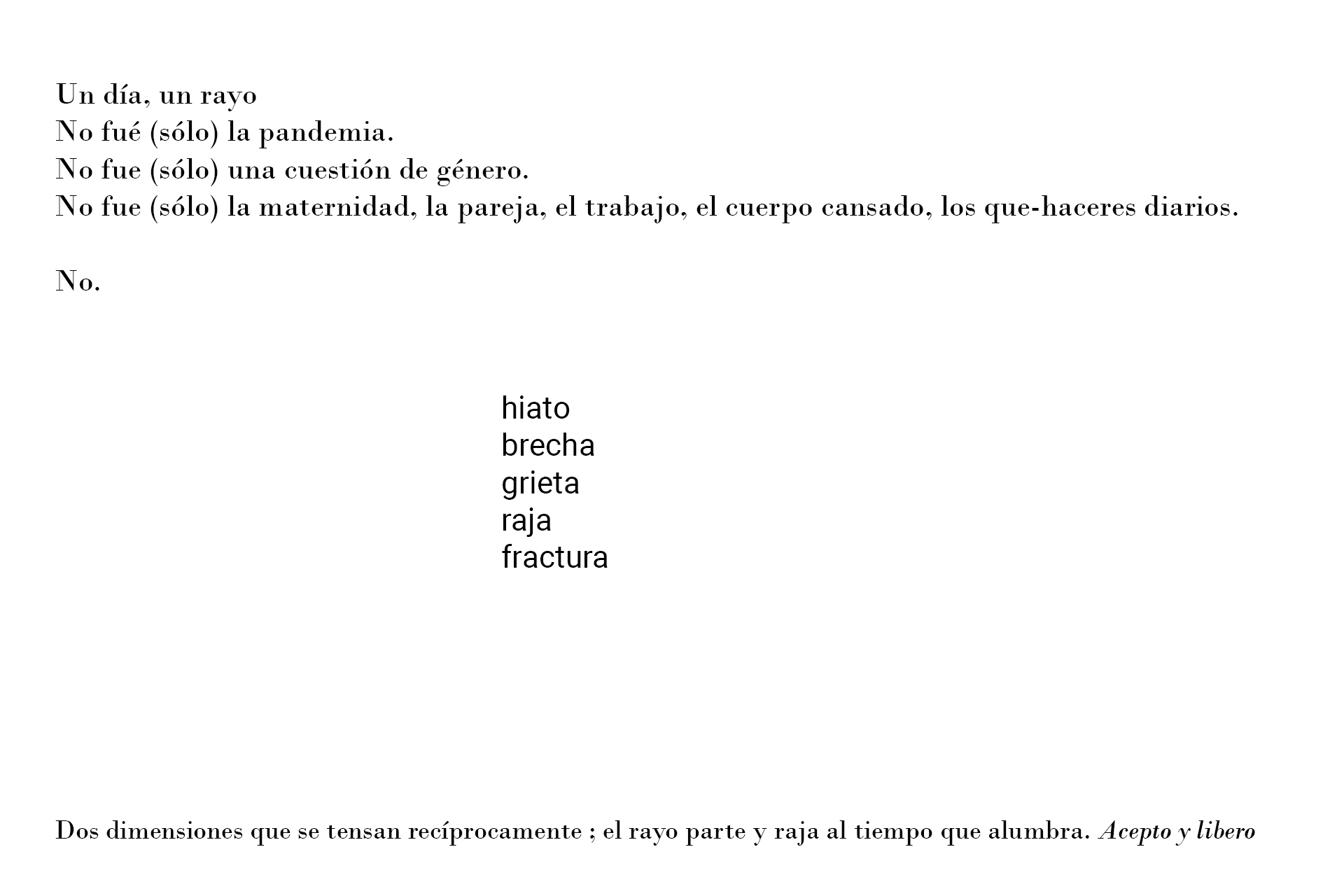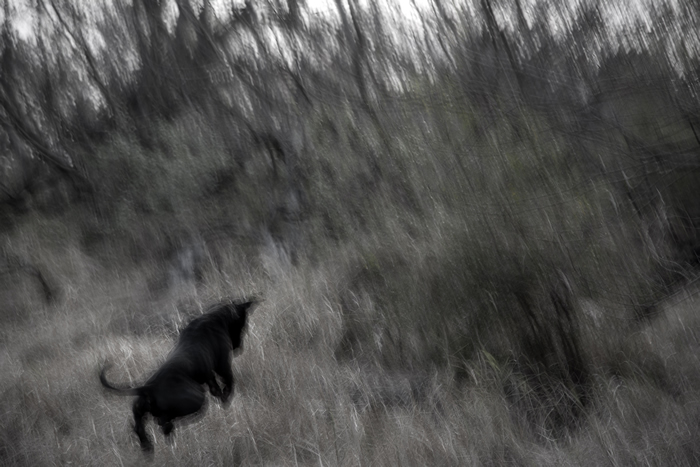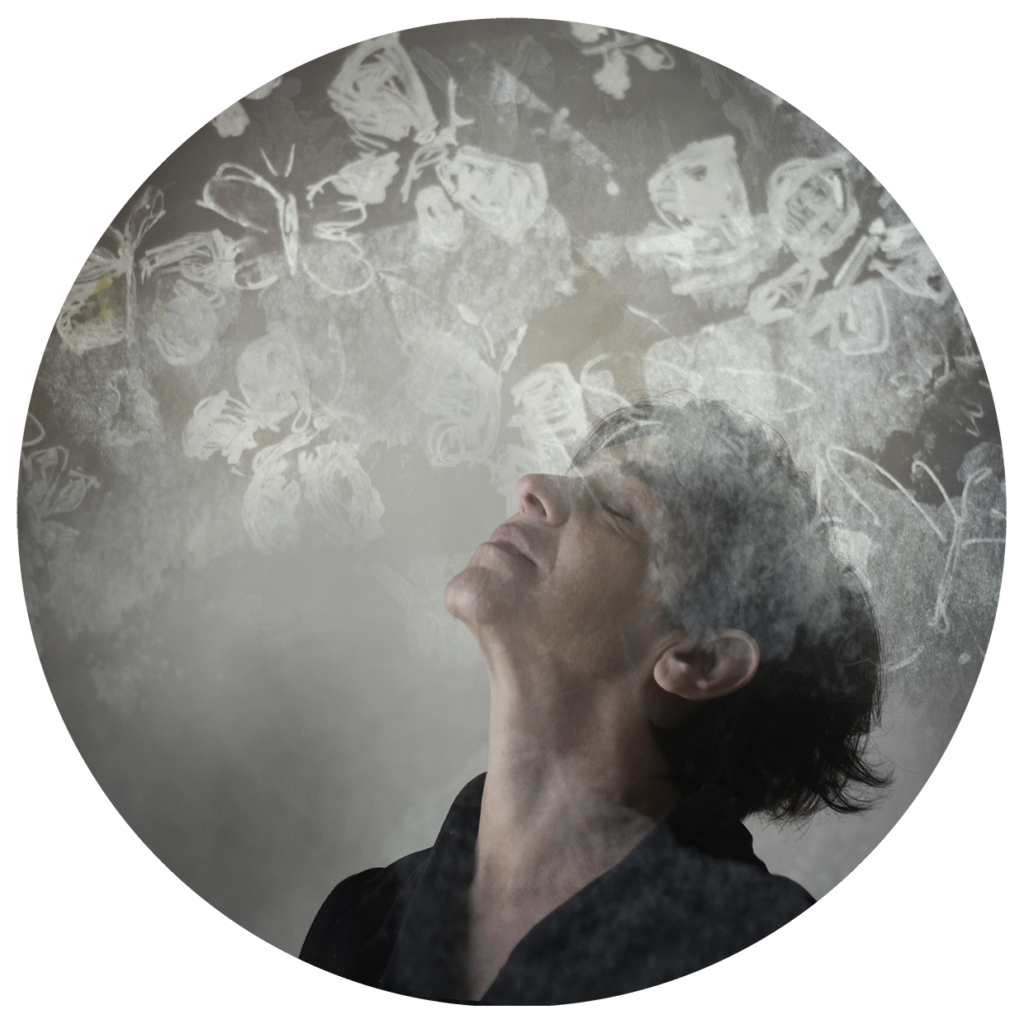Un día, el rayo (Elogio de la fragilidad)
One day, a bolt of lightning (Eulogy to fragility)
Y un día, un rayo me partió.
No fue (sólo) la pandemia.
No fue (sólo) una cuestión de género.
No fue (sólo) la maternidad, la pareja, el trabajo, el cuerpo cansado, los quehaceres diarios.
No.
Ha sido el alma. El alma en un cuerpo que se pregunta -todavía hoy- por el sentido, que registra el propio deseo. Y, por tanto, la carencia. Es que hay aquí y allí semillas pulsando hacia la luz, la vida diciéndonos ‘quiero más, quiero distinto’. Y ese querer, cuando no encuentra tierra fértil donde florecer, se traduce en un mal-estar.
El mandato de ser equilibrada, exitosa, feliz, una unidad cerrada y en funcionamiento productivo y reproductivo trasciende la propia subjetividad; de hecho, responde a un sistema histórico, cultural y político anclado en formas de conocimiento y rendimiento muy concretas que rechaza las rupturas, quiebres y debilidades.
Así, cuando las categorías fracasan y se produce un desacople con las referencias existentes, no sólo sentimos que estamos más o menos partidas, sino también ‘en falta’ con las expectativas del sistema al que pertenecemos. Eso se interpreta y se vive como algo malo o una falencia. Sobreviene una especie de colapso del ser que, de acuerdo a lo apre(he)ndido tiende a ser rápidamente sofocado.
En este sentido el trabajo sale en rescate y defensa de la fragilidad como un estado vibrátil que requiere espacio y escucha. Es en las fisuras donde anida la posibilidad de creación y crecimiento. La propuesta, entonces, sería hacerse cargo: registrar el quiebre, sostener el temblor, aceptar la herida.
Al fin y al cabo, los rayos actúan en dos dimensiones en simultáneo: rajan y parten al tiempo que alumbran.
CM. Córdoba, 2022
And one day, a bolt of lightning struck me.
It was not (just) the pandemic.
It was not (just) a gender matter.
It was not (just) motherhood, nor was it to do with being in a relationship or having a job, or my tired body or the daily chores.
No.
It was my soul. My soul in a body that wonders -still today- about meaning and that records its own desire. And, therefore, its insufficiency. It is that there are seeds here and there pulsing toward the light, life telling us ‘I want more, I want different’. And that wanting, when it does not find fertile soil in which to flourish, translates itself into un-rest.
The demand to be balanced, successful, happy; a closed unit with a productive and reproductive mode of functioning which transcends subjectivity itself; in fact, such demand responds to a historical, cultural and political system, which is anchored in very specific forms of knowledge and performance and rejects ruptures, breaks and weaknesses.
Thus, when categories fail and there is a disengagement with existing references, we women not only feel that we are more or less split, but also ‘at fault’ with the expectations of the system to which we belong. This is interpreted and experienced as something bad or as a shortcoming.
A kind of collapse of one’s being ensues, which, according to what is
(re)cognized, tends to be quickly suffocated.
In this respect, this work comes to the rescue and defense of fragility as a vibrational state that requires space and listening. It is in the fissures where the possibility of creation and growth nests. The proposal, then, would be to take charge: to register the break, to sustain the tremor, to accept the wound.
After all, lightning bolts act in two dimensions simultaneously: they crack and split as well as they illuminate.
CM. Córdoba, 2022
Técnica: Fotografía digital, tomas directas / Año: 2021-2022
………………………………………………………………………………………………………………………………………………………………………………..
Recorrido:
- -2022: Espacio Cultural Museo de las Mujeres. Córdoba, Argentina.
- -2022: Usina Cultural. Villa María. Córdoba, Argentina.
- -2023: Art Biennale. Himeji, Japón.
- -2023: AMA- Museo de las Américas- OEA, Washington
